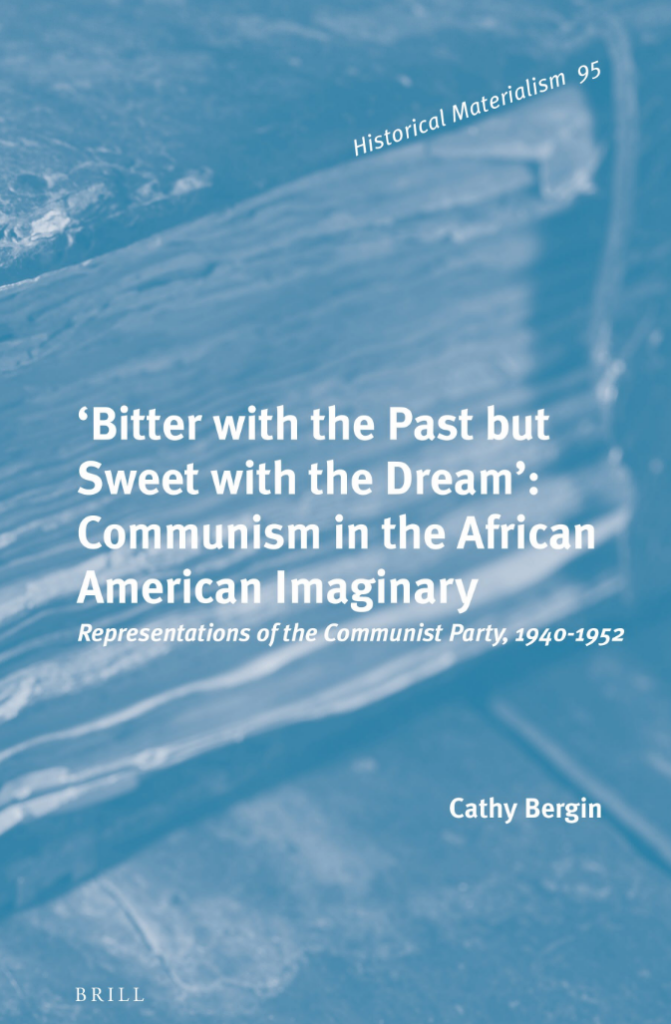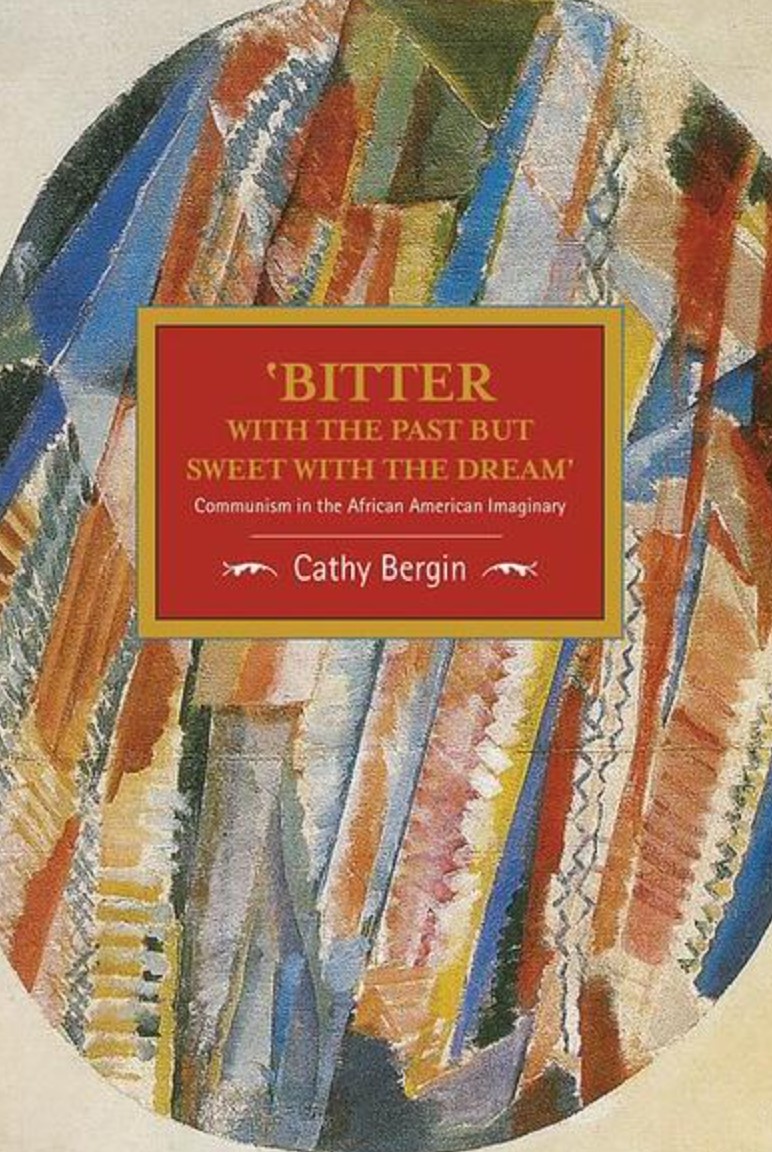Cathy Bergin, University of Brighton
The legacy of the relationship between African American writers and Communism in the US is a contested one. Bergin argues that in three novels, by seminal mid-century authors (Wright, Himes and Ellison) Communism is not dismissed as incapable of meeting the demands of black political identity but is castigated for its refusal to do so. A detailed focus on the political milieu in which these texts operate challenges many of the presumptions about the ‘inability’ of Communism to comprehend racial oppression, which dominate literary critical approaches to these novels. She draws on the complex formations black political agency presumed and reproduced by American Communism during the Depression.
Biographical note
Cathy Bergin (DPhil (2004) is a Senior Lecturer in the Humanities Programme at the University of Brighton.
Readership
All interested in the contested relationship between African American writers and Communism and the relationship between politics and literary form.
Table of contents
Acknowledgements
Introduction
PART I: RADICAL ALLIANCES
Chapter One: ‘Towards Soviet America’
1.1 Determinations and determinism: Lenin, Stalin and the Comintern
1.2 Swearing allegiances: Garveyism and Communism
1.3 Trials on trial: Yokine2.1n and Scottsboro
Chapter Two: The Liberator (1929–1935)
2.1 The Liberator: the black bourgeoisie and revolutionary tradition
2.2 The Liberator: interracial solidarity and internationalism
2.3 The Liberator: black cultural politics
Chapter Three: Native Son: Ghetto Nightmares
3.1 ‘Poor Richard Wright’: the black protest novel
3.2 A room of one’s own?: Bigger, rage and consciousness
3.3 ‘Russian folks’: The Communist Party in Native Son
PART II: BETRAYALS AND DEFEAT
Chapter Four: ‘Communism is the Twentieth Century Americanism’
4.1 Popular Front: remaking African American culture
4.2 Peace and war: shifting priorities
Chapter five: Lonely Crusade: Union Dues
5.1 ‘History as nightmare’: The critical reception of Lonely Crusade
5.2 ‘This illusion of manhood’: Lee Gordon, rage and impotence
5.3 ‘Sure, I ‘longs to the Party. But I is a nigger first’: the Communist Party in Lonely Crusade
Chapter six: Invisible Man: Un-American Activities
6.1 ‘Beautiful absurdity’: Ellison, responsibility and identity
6.2 ‘Riding race again’: the Communist Party in Invisible Man
Conclusion
Bibliography
Index


